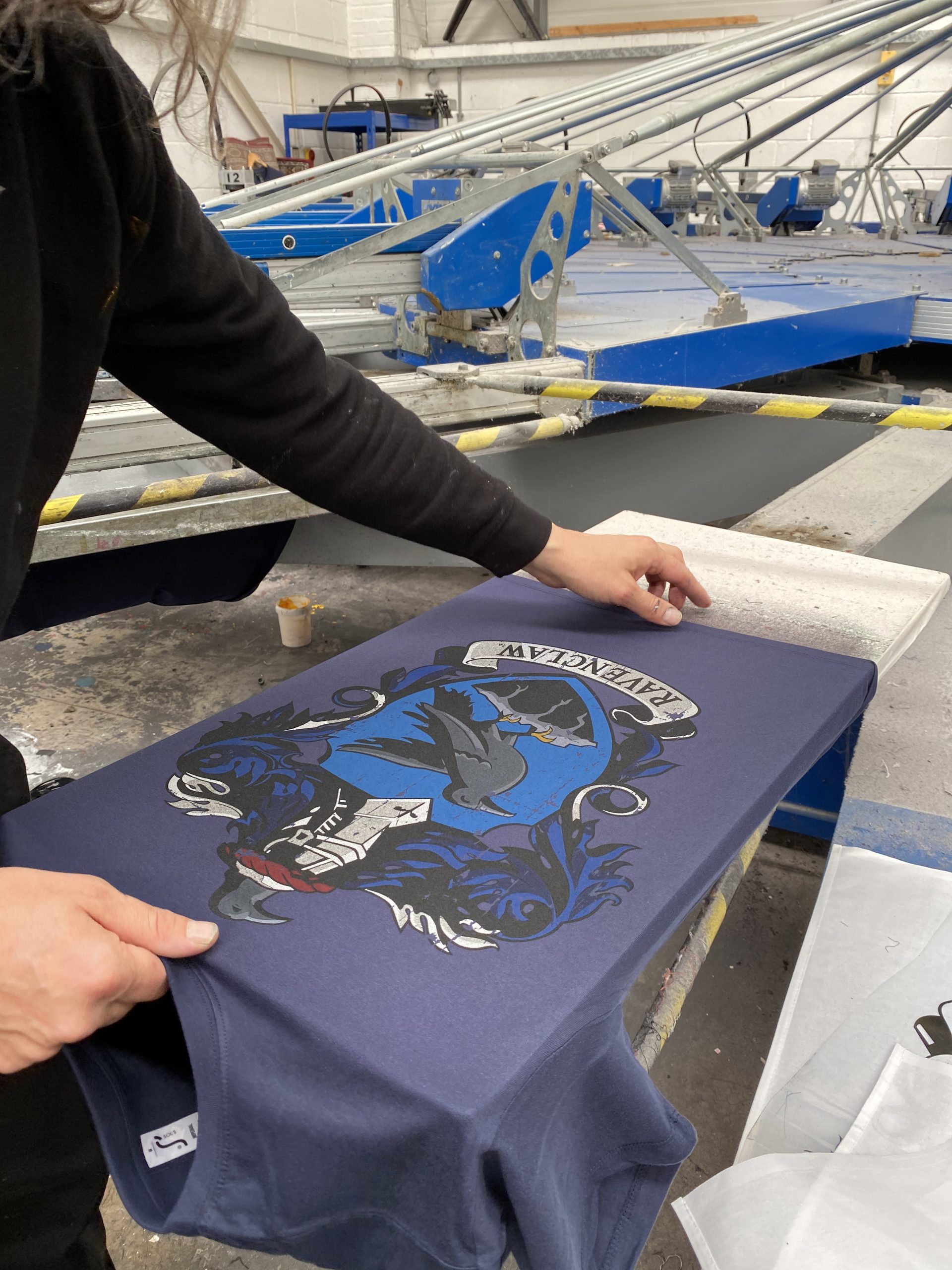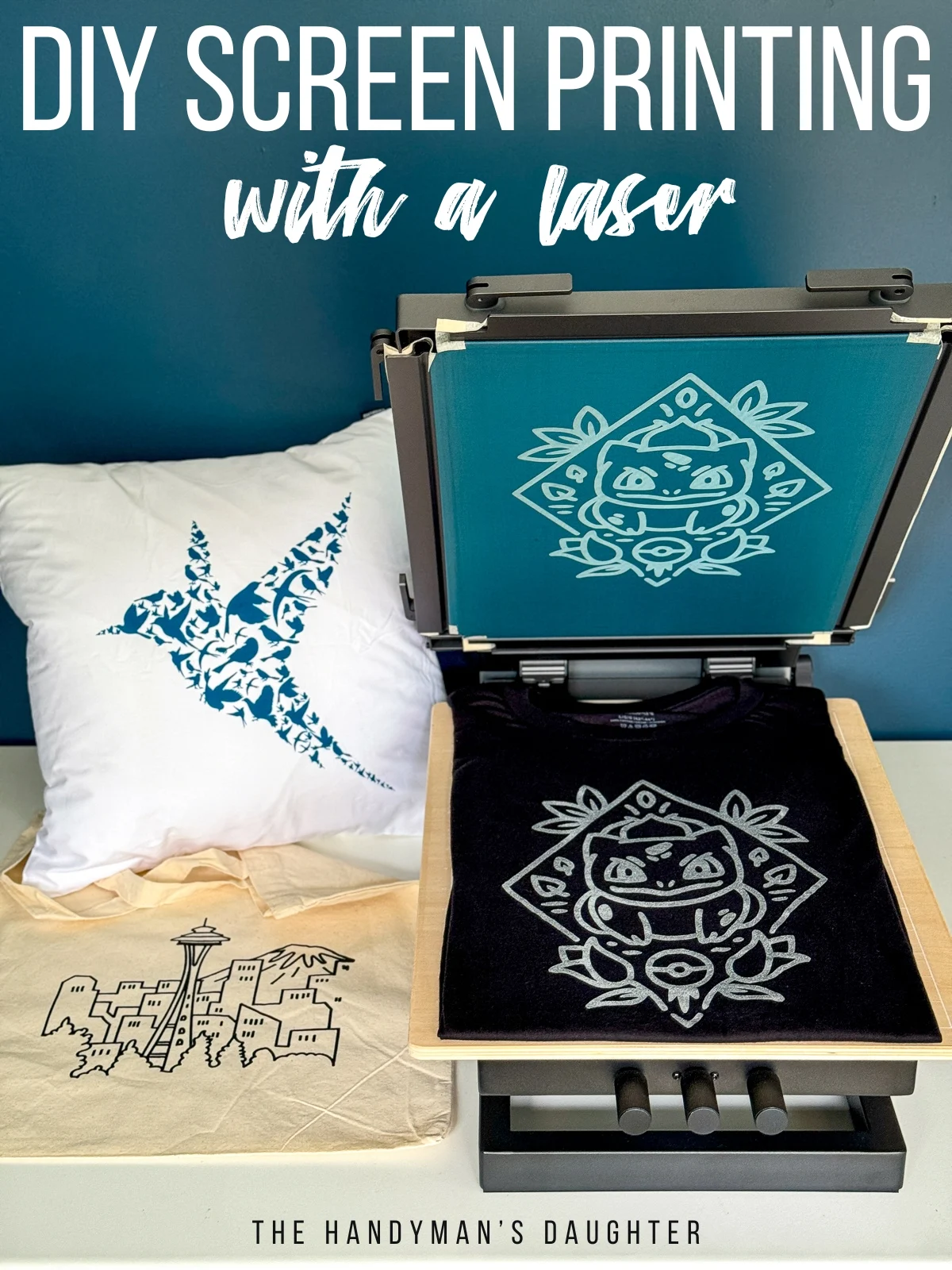ChatGPT said: 10:9 Design Screen Printing Texas: costs explained
The Essential Overview to Understanding Screen Printing and Its Versatile Makes use of
Screen printing has a rich background that goes back to ancient times, progressing into an innovative method used throughout various markets today. This guide checks out the complexities of the screen printing procedure, detailing its applications in style, home, and marketing decoration - 10:9 Design reviews. Understanding these basics can open creative capacity for both business and artistic tasks. The following sections will certainly disclose important ideas and strategies to enhance one's screen printing endeavors
The Background of Screen Printing
Screen printing has origins that map back centuries, its advancement reflects the artistic and technological improvements of different societies. Stemming in old China, the technique was at first utilized for embellishing fabrics and later infect Japan, where it ended up being important to Ukiyo-e woodblock printing. The approach changed to Europe in the 18th century, where it got appeal amongst artisans and industrial printers. The creation of picture emulsion in the 20th century transformed screen printing, enabling for more intricate designs and better performance. Musicians like Andy Warhol additionally drove its appeal, utilizing the medium to produce legendary jobs that mixed commercialism and art. By the late 20th century, screen printing had developed itself as a functional method, utilized in vogue, advertising, and great art. Today, it proceeds to develop, integrating electronic modern technology and broadening its applications across numerous sectors.
The Screen Printing Process Explained
Screen printing transforms imaginative visions into tangible layouts with a series of specific actions. At first, a photo is developed and then moved onto a screen, normally made from fine mesh textile stretched over a structure. A light-sensitive solution is put on the screen, which is revealed to light, solidifying in locations not covered by the picture. After cleaning out the unhardened emulsion, a pattern is developed.
Next off, the screen is put over the substratum, whether it be material, paper, or an additional material. Ink is after that pushed with the open areas of the stencil making use of a squeegee, depositing the layout onto the substrate listed below. This process can be duplicated for multiple shades, requiring separate displays for each color. The published thing is cured making use of warm to guarantee the ink sticks correctly, resulting in a sturdy, dynamic style all set for usage.
Kinds Of Screen Printing Techniques

In addition, specialty strategies, such as discharge screen printing, eliminate color from the material to develop softer prints, while foil screen printing uses metallic aluminum foil to achieve a glossy coating (10:9 Design Texas). Each strategy provides distinctive characteristics, accommodating various innovative demands and production ranges, inevitably expanding the opportunities within the screen printing domain name
Applications of Screen Printing in Various Industries

Additionally, Your Domain Name the signs and advertising markets utilize screen printing for producing attractive screens and banners. This approach enables strong shades and intricate styles that catch focus. In electronics, screen printing is employed for applying conductive inks to motherboard, essential for component links. The home style industry embraces screen printing to produce unique styles on textiles and wall surface art. Generally, screen printing works as a critical tool across diverse fields, enhancing products with personalized and visually appealing graphics.
Tips for Successful Screen Printing Projects
While carrying out a screen printing project, careful attention to detail can considerably enhance the final outcome. continue reading this First, picking high-quality products is essential; this consists of the screen, inks, and substratums. Utilizing suitable mesh counts can affect ink deposition and information resolution. Prep work is similarly crucial; complete cleansing of displays and appropriate exposure times guarantee crisp prints.
Next off, precise registration is crucial for multi-color prints. Utilizing placement tools can help attain specific layering. In addition, testing prints on scrap materials before production helps recognize possible problems without wasting sources.

Regularly Asked Inquiries
What Materials Are Finest for Screen Printing on Material?
Cotton and polyester blends are optimal for screen printing on textile because of their toughness and ink absorption. In addition, specialized materials like silk or canvas can produce unique appearances and coatings, improving the general layout high quality.
Just how Do I Tidy and Maintain Screen Printing Equipment?
To preserve and clean up screen printing equipment, one should on a regular basis clean screens with suitable solvents, inspect mops for wear, oil relocating parts, and shop all things in a dry, dust-free environment to lengthen their life-span.
What Are the Environmental Impacts of Screen Printing?
Screen printing can have substantial ecological impacts, including chemical waste from inks and solvents, water use during cleansing procedures, and energy intake. Sustainable practices and eco-friendly products are important for reducing these unfavorable effects.
Can Screen Printing Be Done in the house Efficiently?
Screen printing can be effectively done at home with the ideal products and methods. Enthusiasts can develop quality prints, though success depends on their ability degree, equipment, and understanding of the procedure entailed.
What Are the Costs Connected With Beginning a Display Printing Service?

Starting a screen printing organization entails expenses for tools, products, and office. Initial expenses normally range from a few hundred to numerous thousand bucks, depending upon the range, high quality of machinery, and preferred manufacturing capacity.
Screen printing has an abundant background that dates back to ancient times, developing into an advanced method used across numerous markets today. One more strategy, rotary screen printing, utilizes he has a good point cylindrical displays, promoting constant printing on material rolls, therefore boosting efficiency for large-scale productions. Furthermore, specialized strategies, such as discharge screen printing, remove color from the material to produce softer prints, while aluminum foil screen printing applies metallic foil to achieve a glossy finish. In the style market, screen printing is commonly used to develop vibrant layouts on apparel, allowing brands to display their special styles. Cotton and polyester blends are perfect for screen printing on textile due to their longevity and ink absorption.